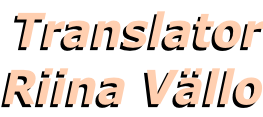
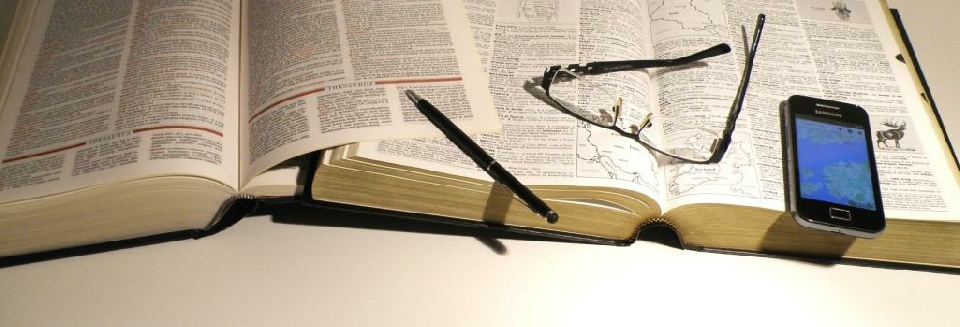
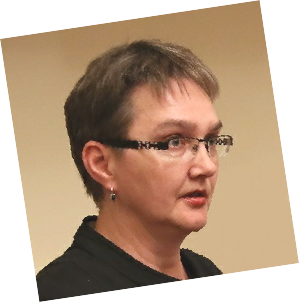

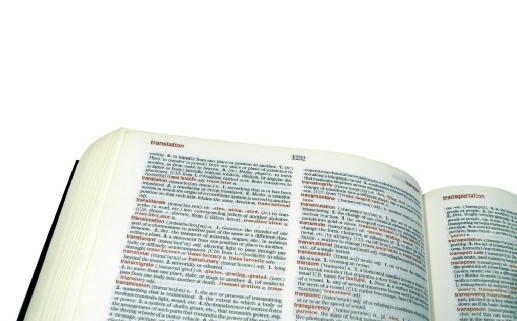
Translator Riina Vällo
Tallinn, Estonia
E-
Telephone: +372 52 935 19

Among other things I have translated the following business books from English into Estonian:
Before you entrust the translation of your text to me, you probably want to know who I am and what kind of translation experience do I have. On this page you will find the answers.
Work experience
I began doing translation works in 1995 when studying political science at the university, and since 1997 translating has been my main job. I have mainly acted as a self-
I have mainly translated all kinds of utility texts, beginning from business contracts and websites and ending with European Directives and scientific articles. Because of my educational background I prefer texts related to the legal/business/political fields, although any other texts that the customer has needed have got translated as well, including highly technical texts.
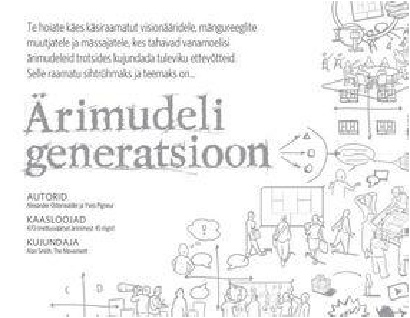
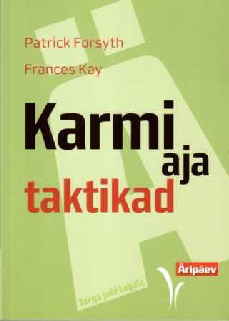
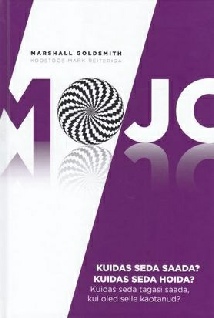
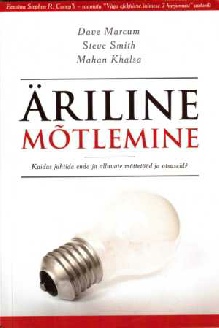
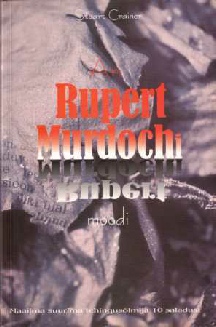
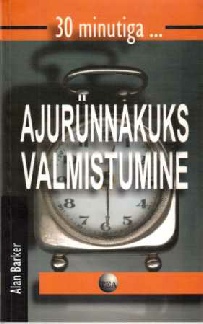
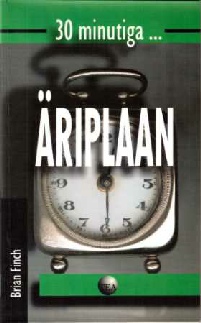
Dave Marcum, Steve Smith & Mahan Khalsa
'Business Think. Rules for Getting It Right ‒ Now, and No Matter What',
Väike Vanker Publishers 2005
Stuart Crainer
'Business the Rupert Murdoch Way: 10 Secrets of the World's Greatest Deal Maker',
Ilo Publishers 2000
Alan Barker
'30 Minutes... To Brainstorm Great Ideas', TEA Publishers 1999
Brian Finch
'30 Minutes... To Write a Business Plan',
TEA Publishers 1999
Alexander Osterwalder & Yves Pigneur 'Business Model Generation', Publishing House of the Estonian National Library 2014
Marshall Goldsmith 'Mojo', Hea Lugu Publishers 2011
Patrick Forsyth & Frances Kay 'Tough Tactics for Tough Times: How to Maintain Business Success in Difficult Economic Conditions', Äripäeva Publishers 2009
... and been one of the co-
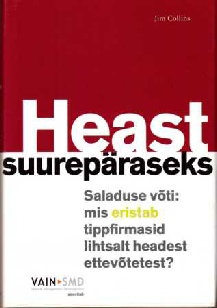
Jim Collins 'Good to Great', Väike Vanker Publishers 2002
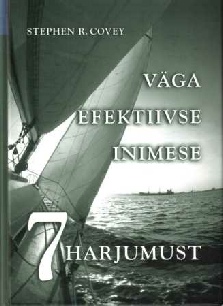
Stephen R. Covey
'The 7 Habits of Highly Effective People',
Ilo Publishers 1999
Initiative related to
my profession
In order to make my work easier to myself, I have always enthusiastically participated in our Estonian Word Competitions. A Word Competition is a competition where people are invited to make their suggestions to find own-
At the Word Competition 2015, the Jury of the Competition acknowledged one of my free words as worth taking into use, and I also was one of several authors of another word for an originally listed verb (see here in more detail ‒ in Estonian). At the Word Competition 2010, though, I was a co-
On the other hand, I am of the opinion that, at the present rhythm of word competitions, the Estonian language will not be able to keep pace with the extremely rapid development of the modern world, and the language needs a permanent word competition to take place as an uninterrupted process rather than a competition that takes place every five years as a public campaign. For this purpose a special website for creating new words could be set up where anyone who wishes could enter both items that need words as well as words for them, and where the users could also rate the word candidates submitted. I also presented this proposal for public discussion in the opinions portal of the Estonian national daily Postimees (see here ‒ in Estonian).
***
Every year on March 14, Estonia also celebrates its so-
As a person highly interested in languages, I have always taken part in these dictations, and in 2011, I was even lucky to win this competition in the category of adult non-
Education and experience with languages
According to my academic background I am a political scientist. I got my MA degree in political science from the Central European University (see website here) in Budapest in 1997 after having received my BA degree in the same field (minor programme: public administration) from the University of Tartu (see website here) a year before. In the academic year 1994/95, however, I studied in the UK at the Swansea University (see website here).
Thus, I do not have higher education in linguistics, but obviously this is not a must for working as a translator. I do not see the language as an end in itself but a means to communicate information. In fact, I think that higher education in any other field is even more useful: at least you have one sphere of information where you feel at home.
Nevertheless, my three main working languages ‒ Estonian, English and Russian ‒ have been part of me since my early youth. It is all clear with Estonian: it is my first language and the language in which I acquired my secondary education in 1982. I began learning English already from my first year at school: for 11 years I studied in the Tallinn Secondary School No. 21 in a class with special emphasis on the English language and culture. It is a more interesting story with Russian: in my childhood, I went to a Russian-
After finishing secondary school, I have been living alternately in Estonian-
In my later life I have also learned other foreign languages as much as the circumstances have allowed. In principle, I am also capable of translating from some other languages into Estonian, although this just takes a bit more time.


